Convictions for treason
Lawyer Pavel Chikov draws attention to the fact that the maximum term under Article 275 of the Criminal Code of the Russian Federation “Treason” is 20 years, but Safronov was tried on two counts. The lawyer notes that sentences for treason have always been long, but in recent years there has been a tendency for their growth - if 10 years ago sentences of 6-9 years in prison were imposed, now sentences of 12-15 years are not uncommon.
Alexey Vorobyov. 20 years for Chinese dust on the phone
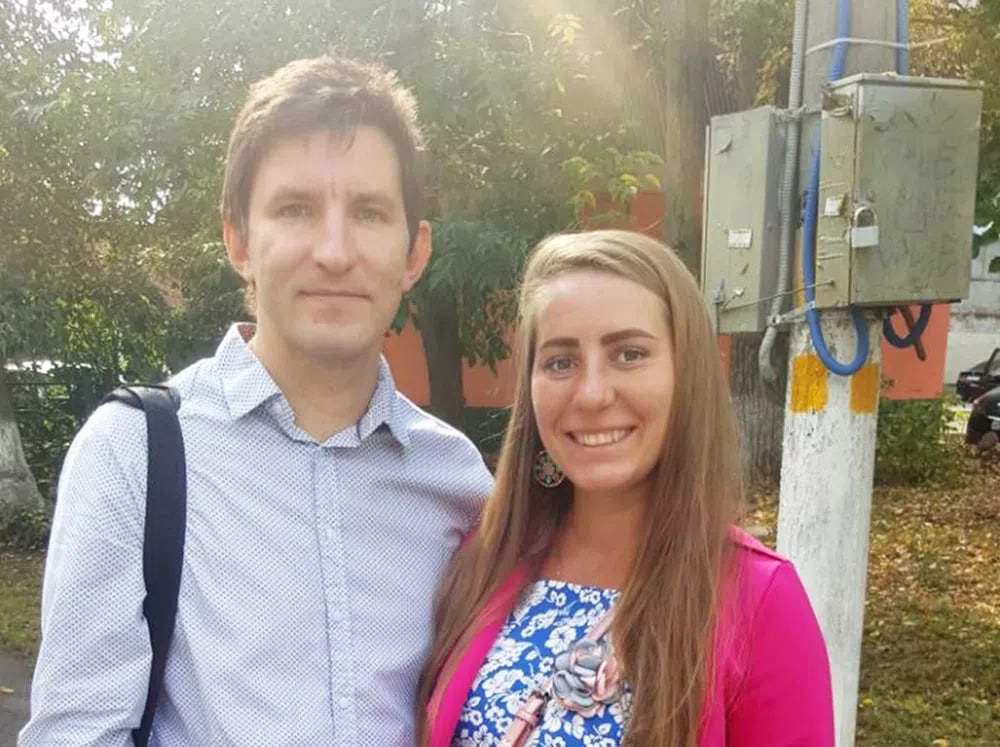
One of those who received the maximum term was Alexei Vorobyov, Associate Professor of the Department of Rocket Engines at the Moscow Aviation Institute (MAI), in April 2021, was sentenced to 20 years in prison. He was accused on the basis of dust particles from the "Chinese region" in his phone. Thanks to this, the investigation concluded that in November 2018, Vorobyov was in China and decided to transfer information constituting a state secret to an employee of the Harbin Polytechnic University.
The scientist's defense emphasizes that the investigation did not establish either the fact of the transfer of information, or the beneficiary, or the time of transfer. The case concerns scientific papers on the RD-0146 engine, which are in the public domain.
The case of Mikhailov and Stoyanov. 22 years and 14 years for "helping the US find Russian hackers"
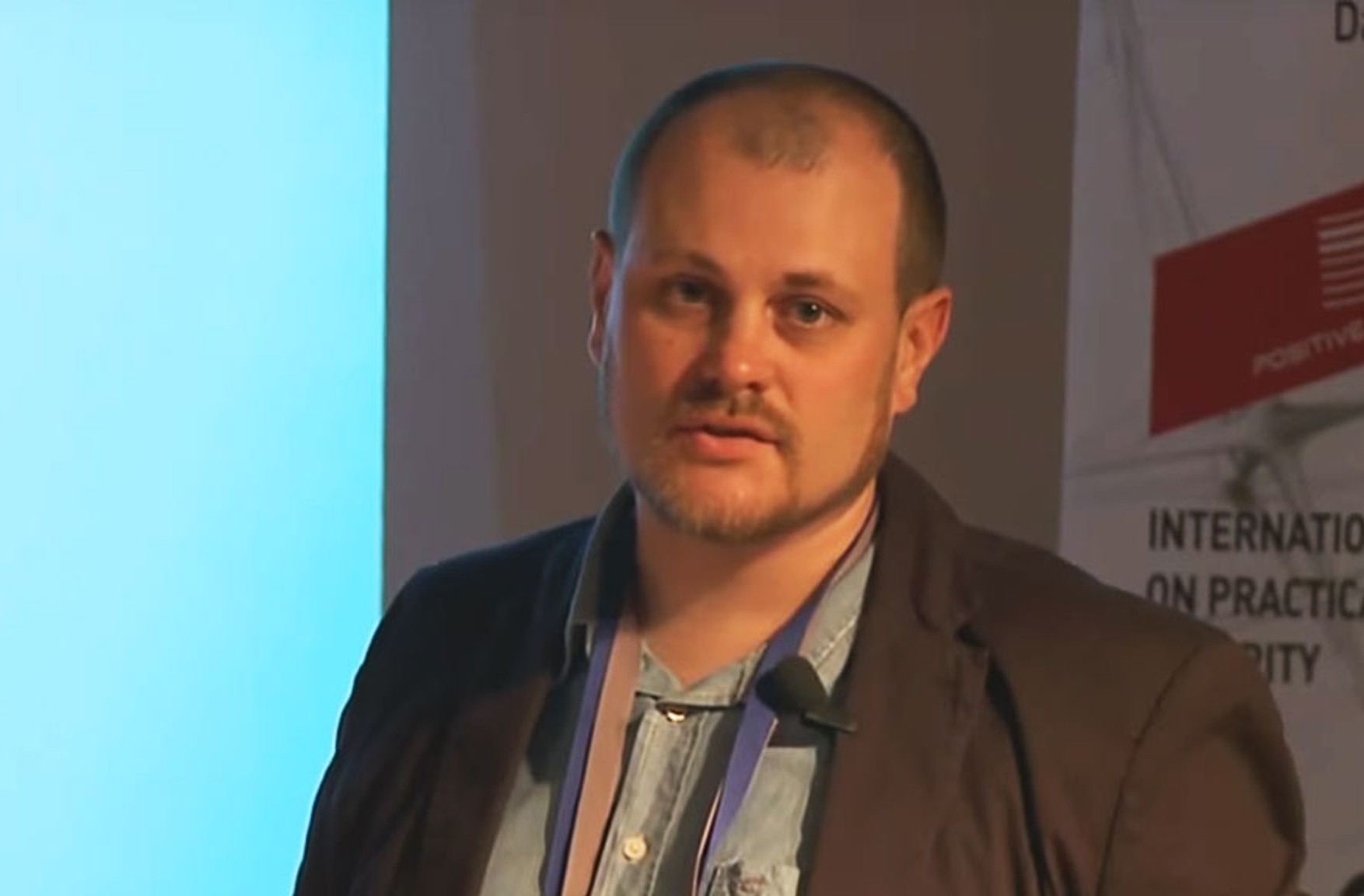
Another case in which the defendant under the article on treason received 22 years in prison. The defendants in this case were arrested in early December 2016. Former FSB officer Sergei Mikhailov and head of the Kaspersky Lab department Ruslan Stoyanov were accused of revealing to the FBI the methods and methods of conducting operational-search activities in the case of the founder and CEO of the processing company Chronopay Pavel Vrublevsky. Mikhailov, his subordinates and Stoyanov allegedly received $10 million for this information.
The trial of the case was held behind closed doors, the criminal case was classified. Publicly, law enforcement agencies and defenders of the accused did not disclose or comment on the plot of the case.
Two of The Bell's interlocutors in Russia claimed that the defendants helped American intelligence agencies obtain evidence of Russian hackers' involvement in attacks in the United States. With these hacker attacks began the loudest scandal about Russian interference in the American elections. Another person familiar with the investigation confirmed that the arrest of Mikhailov and his comrades was related to the US elections. According to one of The Bell's interlocutors, the defendants revealed to the Americans the hackers who participated in the hacks. Mikhailov was sentenced to 22 years, Stoyanov - to 14.
Gennady Kravtsov, 14 years old (reduced to 6 years old) for sending resumes
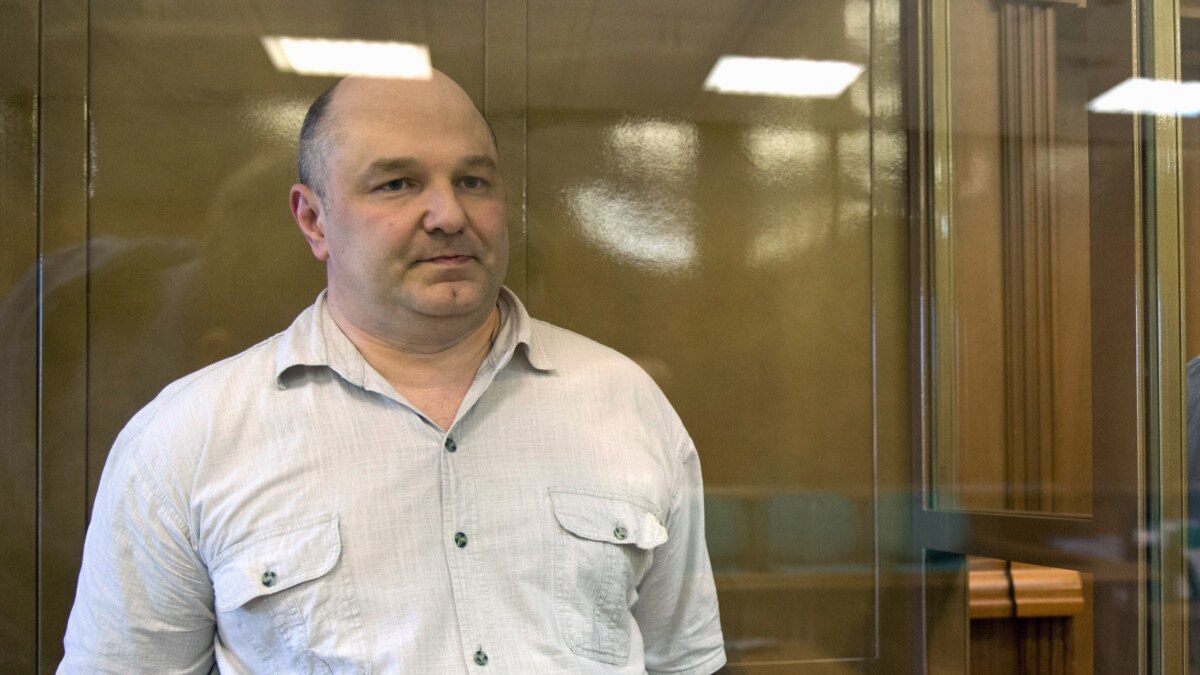
In 2010, radio engineer Gennady Kravtsov sent his resume to the Swedish Radio Engineering Center, which is part of the country's Ministry of Defense. According to investigators, in his resume he divulged secret information about the Tselina-2 spacecraft and about his previous work in the GRU. The engineer's defenders insisted in court that the convict's position was not secret. At the same time, almost all information about Tselina-2 is publicly available, so the engineer could actually be convicted on formal grounds. The device itself was no longer used by Russia.
The Kravtsov case was considered in just six meetings, while the commission that conducted the examination included former colleagues of Mr. Kravtsov, who could be biased towards him, the defense noted. The engineer was given 14 years in prison. Later, the lawyers managed to appeal this verdict and reduce the term to 6 years in prison.
Sentences on economic articles
In criminal cases under economic articles, where the damage to the state, declared by the investigation, reaches a billion dollars, the sentences are more lenient than in cases under the article on treason.
Mikhail Khodorkovsky, Yukos case. 14 years (reduced to 10 years) for "embezzlement and tax evasion"
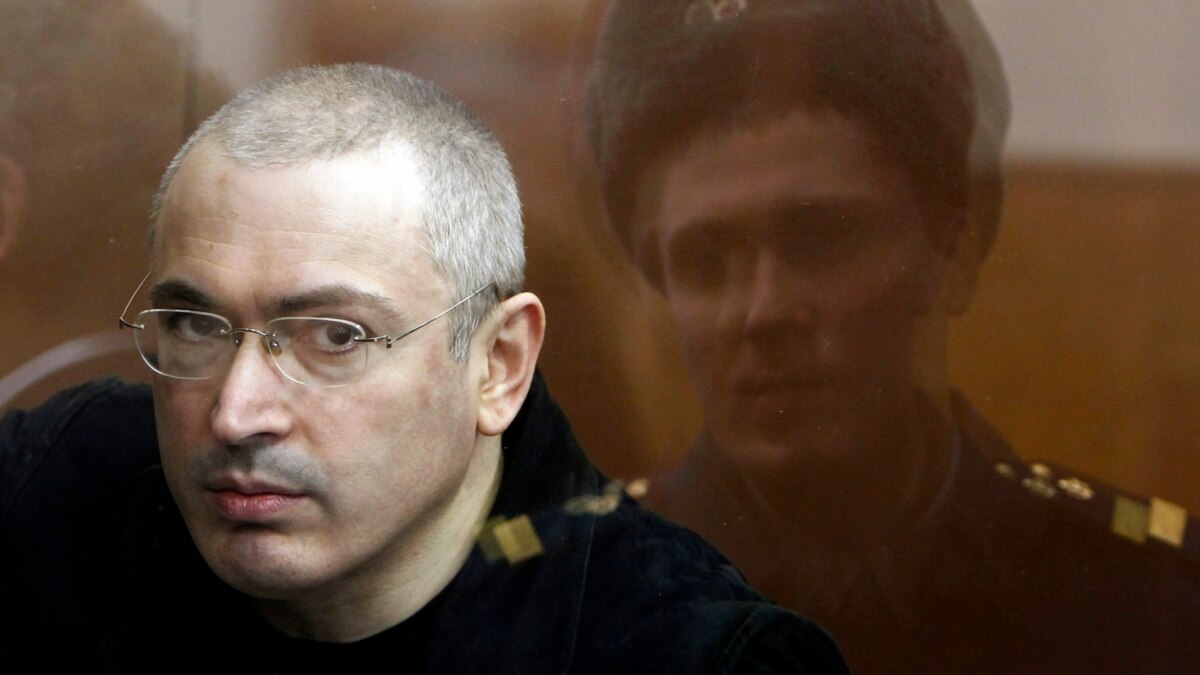
Mikhail Khodorkovsky, co-owner and head of the Yukos oil company, was arrested by Russian authorities on charges of embezzlement and tax evasion in October 2003. He was found guilty of fraud and other crimes by a Russian court. The Yukos company went into bankruptcy proceedings. In 2010-2011, on new charges, he was sentenced to 14 years in prison. As a result of the appeals, the term was 10 years and 10 months. In December 2013, Khodorkovsky was pardoned by Vladimir Putin. The actual term served is 10 years and 2 months.
According to the Prosecutor General's Office, Khodorkovsky's actions caused damage to the state in the amount of about $1 billion. At the same time, Yukos shareholders estimated the damage from the actions of the authorities at $98 billion.
Case of embezzlement of Mezhprombank funds. 7 and 3 years for "damage over 100 billion rubles"
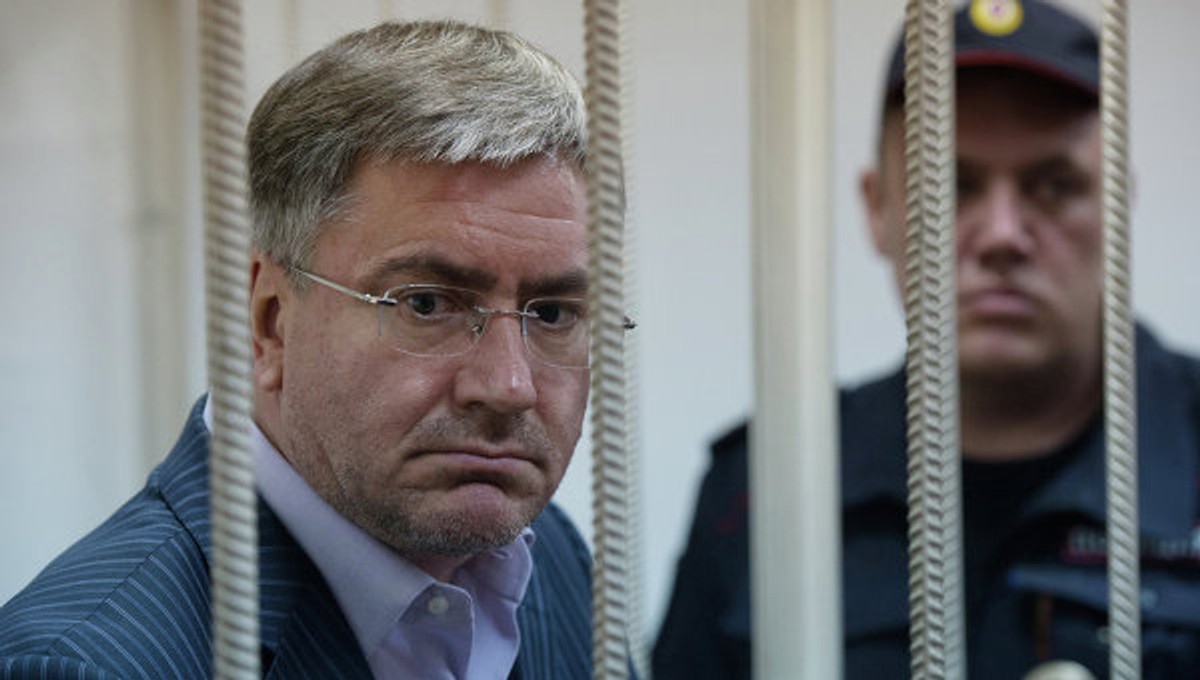
On August 29, 2014, the Basmanny Court of Moscow authorized the arrest of the deputy head of the Federal Tourism Agency, Dmitry Amunets. He was accused of complicity in the theft in 2008-2009 of 28.5 billion rubles allocated by the Bank of Russia as an unsecured loan to CJSC International Industrial Bank. According to the investigation, the criminal group also included the chairman of the executive directorate of Mezhprombank, Alexander Didenko, and the former senator from Tuva and co-owner of Mezhprombank, Sergei Pugachev.
From 2004 to 2008, Amunts worked at the Ministry of Culture, after which he headed the OPK Development company of Pugachev, who was the main beneficiary of Mezhprombank and who was called the “Kremlin banker”. According to the materials of the investigation, part of the funds was embezzled through the company. In October 2017, Amunts was sentenced to seven years in a penal colony. The court also satisfied the claim of the Deposit Insurance Agency against the convict for 28.5 billion rubles. Another defendant in the case, Alexander Didenko, was sentenced to three years in prison. Ex-Senator of Tuva Pugachev, according to the Prosecutor General's Office, caused damage of more than 90 billion rubles. He lives in France, Russia is trying to extradite him.
Cases of murder and violence
Those accused of murder or, moreover, of sexual violence are also often given lenient sentences than "traitors". The maximum punishment - life imprisonment - is given only to those who killed several people or a child. Most often for the murder of a person give from 10 to 17 years. For example, Oleg Filippov, an Irkutsk resident, received 10 years for killing a doctor in the center of Moscow. The perpetrators of the murder of Boris Nemtsov were given from 11 to 20 years. For sexual crimes, the sentences are also much less than the journalist Safronov received. The article on the rape of a minor child provides for punishment from 8 to 20 years in prison. Article on rape with the use of violence or the threat of such - from three to six years in prison.
Case of Skopinsky Maniac
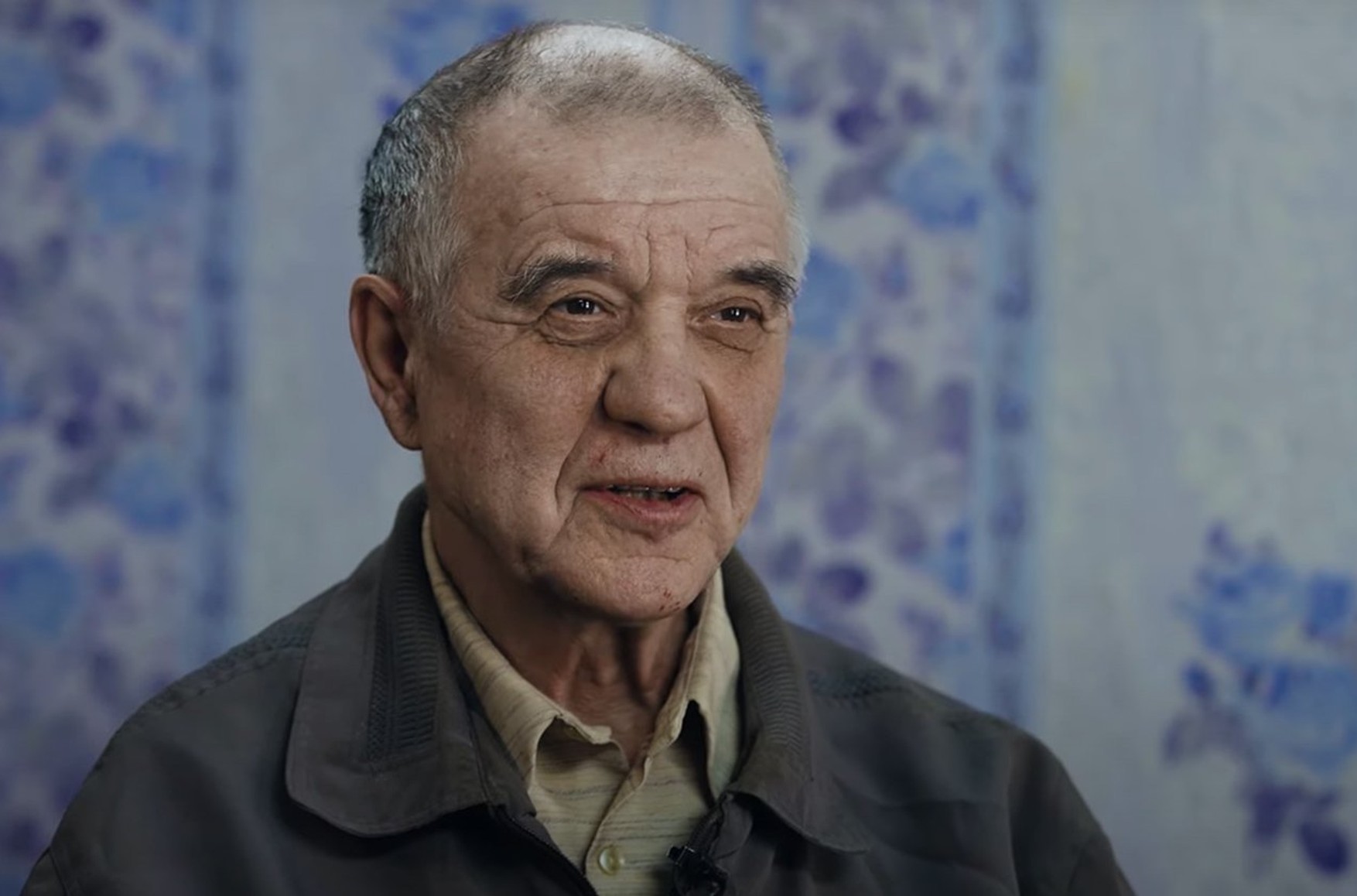
On August 30, 2005, Viktor Mokhov, also known as the Skopinsky maniac, was sentenced to 17 years in prison, later his sentence was reduced by two months. Mokhov was charged under three articles of the Criminal Code of the Russian Federation: kidnapping of two or more persons, rape of a known minor, and sexual assault.
In 2000, Mokhov abducted two girls aged 14 and 17 in the town of Skopin, Ryazan Region, Ekaterina Martynova and Elena Samokhina. He kept them in the basement and raped them for four years. Elena Samokhina became pregnant three times. Mokhov took away two children and threw them to people, the last pregnancy ended in a miscarriage after his release.
The case of serial rapist Oleg Kosarev. juvenile rape
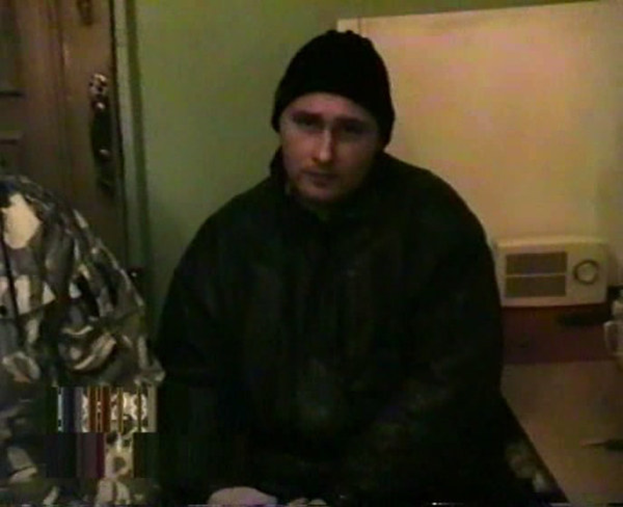
Serial rapist Oleg Kosarev, by his own admission, committed at least 140 rapes, of which more than 40 episodes were proven in court. For the first time he was convicted of rape back in the USSR, received 8 years in prison and was released in 1992, after which he continued to rape underage girls. In one case, the rapist found five children - two boys and three girls - in an elevator, where he raped all three girls, after which, threatening with a knife, he forced the boys to have sex with them. In another, he raped a young mother in front of a small child, forcing the child to watch the process. In March 1997, the court sentenced Kosarev to 15 years in prison.
In October 2010, Kosarev was released on parole, less than six months later he raped a 13-year-old girl and forced him to drink a mixture of phenazepam with diphenhydramine, washed down with vodka. A month later, he attacked two girls aged 17 and 18. One of them hit at least three blows with the handle and blade of a knife on the head and arm, the other - about nine on the head, arms and body, after which he robbed and raped one of them. In April 2011, he was detained, in October 2021 he was sentenced to 20 years in prison.
The investigation of Kosarev was brought down by his "double" - Valery Deev, born in 1969. After the capture, Deev named about 50 addresses where he committed rapes and robberies, but only 23 episodes were proved in court. Sentenced to 20 years in prison.
Lyudmila and Alexander Spesivtsev. Child murder, cannibalism. 10 years in prison
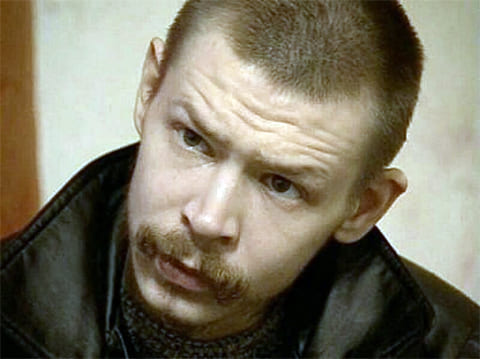
The crimes of the mother and son of the Spesivtsevs took place in 1991-1998, however, as lawyer Ivan Pavlov explained to The Insider, the article on murder in the Criminal Code has not seriously changed since then to this day.
The first victim of Alexander Spesivtsev was the girl Evgenia Guselnikova. he met her in 1991, but after the beating she decided to end the relationship. Spesivtsev locked her in a room and beat her for a month. She died of sepsis, her body was covered with purulent abscesses. The offender was placed in a mental hospital, he was released in 1995.
After being discharged, Spesivtsev killed a girl named Lyudmila, trying to hide the traces of the crime, he dismembered her corpse, and his mother buried the remains in a wasteland. From April to August 1996, Spesivtsev killed 15 more people in his apartment; the police did not come to the neighbors' reports of a putrid smell. The killer's sister Nadezhda also came to the apartment, but did not react in any way to what was happening. The last three victims were lured to Spesivtsev's apartment by his mother. He immediately killed 13-year-old Nastya, he kept two of her friends chained with self-made handcuffs for about a month, raped, tortured, forced to cut and eat the remains of their murdered friend. After that, he killed 13-year-old Zhenya, and forced the surviving 15-year-old Olya to eat soup from his girlfriend's meat with him.
In 1997 Alexander Spesivtsev was sentenced to 10 years in prison. His mother Lyudmila was sentenced to 13 years in prison, of which she actually served 10 years. The sister was not punished.
Cases related to Vladimir Putin and his family
Only offenders of Vladimir Putin and his family receive more people accused of treason and murders. The head of the Anti-Corruption Foundation, Alexei Navalny, who has not only been publishing investigations into the corruption of the President of the Russian Federation and his entourage for many years, but also registered as a candidate for the presidency of Russia, receives more and more terms in a variety of criminal cases that are brought against him approximately every three months. .
Senator Igor Izmestiev, who set off fireworks on Rublevo-Uspenskoye Highway, 600 meters from the Novo-Ogaryovo presidential residence, received a life sentence. According to media reports, he was repeatedly urged to sell the house and move to another place, as Putin does not like fireworks parties. Izmestiev believes that it was the refusal to sell this house “for a pittance” to structures close to the FSO that led to his arrest in January 2007. The ex-senator was ultimately found guilty of leading a criminal group, organizing eight murders and four assassination attempts, as well as two arson and giving a bribe in the amount of $ 100,000 to a senior FSB detective. He was given a life sentence, the house was decided to be demolished. Human rights activist Lyudmila Alekseeva spoke in defense of the senator, she asked Putin to pardon Izmestyev. Kremlin spokesman Dmitry Peskov said that the senator might be pardoned, but the verdict remained in force, the pardon was denied.
A little more “lucky” was the former banker Matvey Urin, who, after a fight with a businessman, a former top manager of Stroytransgaz, Jorrit Faassen, became accused of fraud, money laundering and, accordingly, beating a person. Urin was accused of embezzling almost 1.5 billion rubles from Slavyansky Bank and Multibank, he received 8.5 years in prison. Vedomosti called the businessman an acquaintance of Vladimir Putin's daughter, and Reuters called her husband.
“Treason is a harsh article in many countries, but such terms are isolated cases”
According to lawyer Ivan Pavlov, who specializes in treason cases, this article is severely punished in many countries, including Western countries. However, sentences with such long terms, as they are now increasingly given in Russia, are rarely passed on to people.
“This article can be considered the most politicized, because even in the title there is very little from jurisprudence and a lot from the emotional component. Treason. It is considered the most terrible state crime, and not only in our country, in other countries this is also a severe punishment. True, this is not a working norm in all countries, because in some it has never been applied. There are conditional sentences in some Baltic countries, but there were no such long ones under this article. Rarely with what it can be compared, isolated cases. Such a number of cases of treason in Russia characterizes not the accused, but the state, because if suddenly there are so many "traitors", then maybe it's not about people?
Putin said that Safronov was being tried not for the period of journalistic activity, but for the period of work in Roskosmos, which was refuted by journalists who operated on official documents <the case against Safronov began after his publication about the supply of Su-35 aircraft to Egypt and letters from Egyptian officials - The Insider > . Secondly, now is wartime, and all the courts have turned, in fact, into tribunals. And the third is the identity of the public prosecutor himself, but now it is clear that the result in such cases is not determined by the court, but in other places, and, as they say, this figure is lowered to the court.
Such terms are often not given even for murders. The Constitution says that the highest value of the state is a person, his rights and freedoms. But in Russia it turns out that the highest value is the state.”


